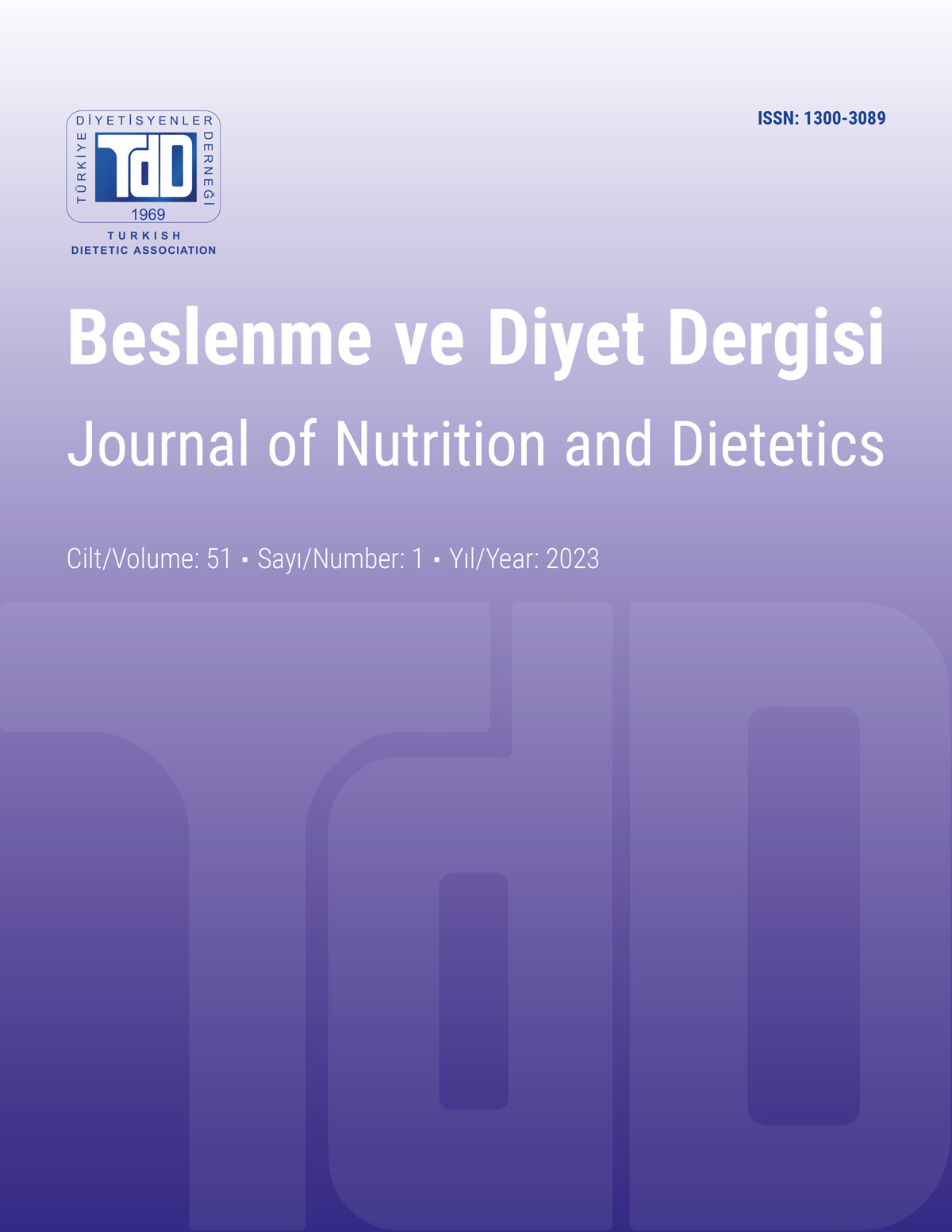Ketogenic Diet Therapy as a Secondary Application Area in the Treatment of Hereditary Metabolic Diseases: A Case with Nonketotic Hyperglycinemia
DOI:
https://doi.org/10.33076/2023.BDD.1736Keywords:
Nonketotic hyperglycinemia, resistant epilepsy, ketogenic dietAbstract
Nonketotic hyperglycinemia, is an automosal recessive disorder of the glycine metabolism caused by a deficiency in the glycine cleavage system. The first symptoms that typically appear in the first week of life; as poor feeding, lethargy, hypotonia, myoclonic jerking and transient respiratory insufficiency. Mortality is high in patients with NKH. Psychomotor retardation and resistant epilepsy are frequently seen in surviving patients. Ketogenic diet (KD) is a kind of diet that include low-carbohydrate, high-fat, and adequate-protein, mimics fasting without causing catabolism. Ketogenic diet is an important treatment option to control seizures in resistant epilepsy. Protein restricted ketogenic diet treatment may be effective to control common resistant epileptic seizures in NKH and to maintain plasma glycine within the targeted range. In this case report, the importance of protein restricted ketogenic diet treatment were discussed.

